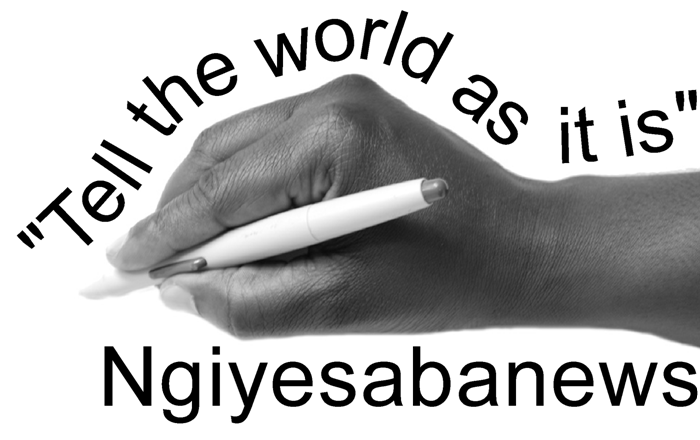By Susanne Schuster
1st Part of the story
In this article I am going to discuss free trade agreements and their consequences for the poorest communities in the world. International trade deals and the institutions that were set up to govern them can be quite a boring and dry subject and there are lots of three letter abbreviations that pop up, so I am trying to be as brief and non-technical as possible. I think it is an important topic which affects us all and that there is an urgent need for more public debate.
Global resistance North and South
My interest in this subject stems directly from campaigning against unfair trade deals. I joined the World Development Movement, which is part of a broad coalition which calls itself the global justice movement, and have been an active member of the local WDM group in Brighton & Hove for just over a year now. Founded in 1970, the WDM is a campaigning organisation which tackles the underlying causes of poverty by challenging the powerful and lobbying decision makers in government and industry to change the policies that keep people poor. The WDM is a democratic movement of individual supporters, local groups and campaigners, it is funded mostly by its supporters and some grant making bodies and trusts and therefore it is a truly independent and radical organisation, and UK politicians do take note of its campaigns. Its campaigning work is backed and informed by evidence based research - the WDM website provides really good resources in the form of briefings and reports. One of the things I like about the WDM is that it works in solidarity with campaigners and activists from the global south, it doesn't set up offices there and directs what should be done, rather it targets politicians and corporations at home. Another campaigning organisation in a similar vein is War on Want.
In the past the WDM has campaigned successfully against disastrous water privatisation in Tanzania and against open-cast mining in Bangladesh that would have forced thousands of people off their land and threaten the water supplies of many more.
Current campaigns include the prevention of the construction of new coal-fired power stations, which would seriously undermine the UK government's carbon emissions targets and cause thousands more climate refugees among the poorest in the world, and instead getting the government to invest into renewable energy generation, thus creating thousands of sustainable jobs. And, as I mentioned already, there is the campaign against unfair trade deals.
The kinds of trade agreements that the WDM is campaigning against have to be seen in the context of the three bodies governing international trade and lending of funds, so I will briefly discuss them here.
WTO, IMF and World Bank
The origins of these institutions go back to a conference at Bretton Woods, on the East coast of the US, in 1944. Some eminent British and US economists and politicians at the time set up the International Monetary Fund (IMF) and the World Bank (its formal name is International Bank for Reconstruction and Development) with a post-war and post-colonial world in mind. The purpose of the World Bank was to loan money to put war-torn Europe back on its feet as fast as possible, but later it also loaned money to the developing economies. The IMF was supposed to make loans to countries with temporary balance of payment problems. Both were in fact progressive institutions for the time, the money came from contributions made almost entirely by rich countries and until the 1960s they were fairly unremarkable institutions. Then things changed. Under a new leadership the World Bank began pushing credits on developing countries much more aggressively, the oil price quadrupled and interest rates shot up.
Developing countries got caught up in a debt trap and the IMF and the World Bank began prescribing the Structural Adjustment Programmes (or austerity programmes) which forced these heavily indebted countries to open their markets to foreign imports and ownership and make harsh cuts in public and social spending. Their populations paid a heavy price for this as local industries collapsed leading to massive job losses, labour standards were lowered, inequality and insecurity increased, the health and well-being of people suffered, in short, many of the gains made since the end of colonialism were practically wiped out
2 B Cont-----

No comments:
Post a Comment